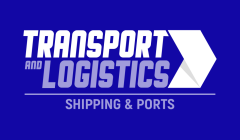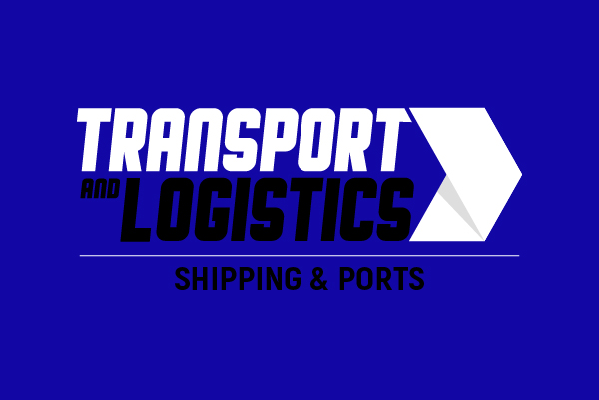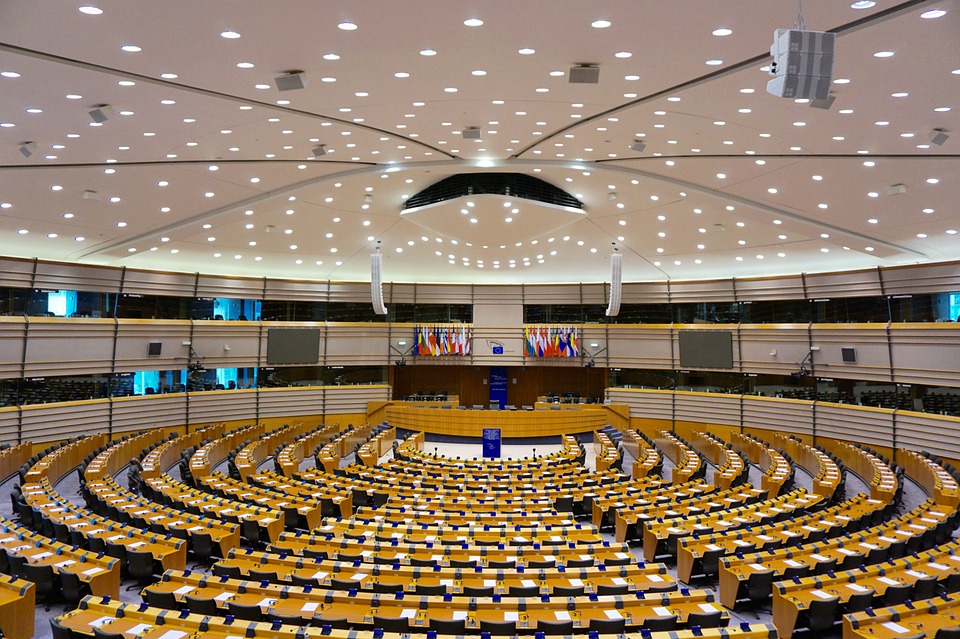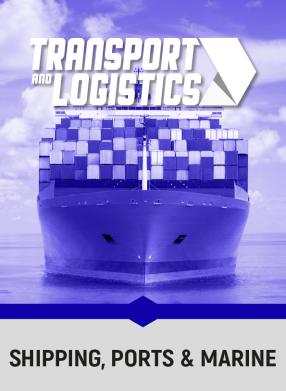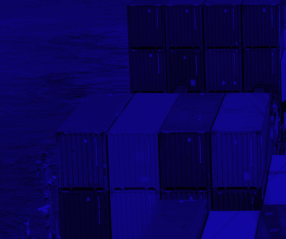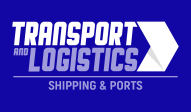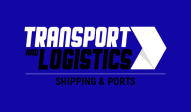Despite objection from the UK port industry, the European Parliament has approved a new regulation on EU ports, with an aim to make them more efficient and attractive to investors, and make the fees and funding that EU ports get from shipping lines and governments clearer.
A large majority voted to approve the regulation: 546 voted in favour, 140 against and 22 abstained. This vote brings to an end the Port Package saga that started 15 years ago.
German rapporteur Knut Fleckenstein said: “After 15 years of discussion about European ports policy, “we have finally found an agreement: existing port management models can be maintained and, for the first time, there is an emphasis on good working conditions, which are a major part of the competitiveness of ports and are non-negotiable for us”.
He added that financial transparency is at the core of the agreement, which should facilitate the work of the commission on a “coherent state aid regime and trigger investments into ports”.
The lack of clear rules on public funding of port infrastructure and charges for using it holds back investment in ports, said the EU Commission. The new rules aim to make EU ports more efficient and attractive to investors. These rules apply to more than 300 EU seaports in the trans-European transport network.
They include a requirement for ports to show clearly in their accounting systems the public funds they have received and to improve transparency in the way port services and infrastructure charges are set. EU Member States would also have to ensure that an effective procedure is in place to handle complaints.
To deliver high quality services, the rules include new requirements for port service providers to ensure that employees receive the necessary training, with particular emphasis on health and safety. These training requirements should also be regularly updated to meet the challenges of technological innovation.
Further, while the new regulation does not impose a specific management model for ports, it does lay down conditions if they wish to set minimum requirements for services such as towage, mooring, bunkering and the collection of ship-generated waste, or to restrict the number of providers of these services.
Cargo handling and passenger services will also be subject to financial transparency rules, but are exempted from those on the organisation of port services.
Earlier this year, the UK ports industry called to reject the new regulation on EU ports, fearing it would take ports back to the days of restrictive practices and the old Dock Labour Scheme.
Read more at http://www.portstrategy.com/news101/world/europe/european-parliament-approves-eu-ports-regulation2
